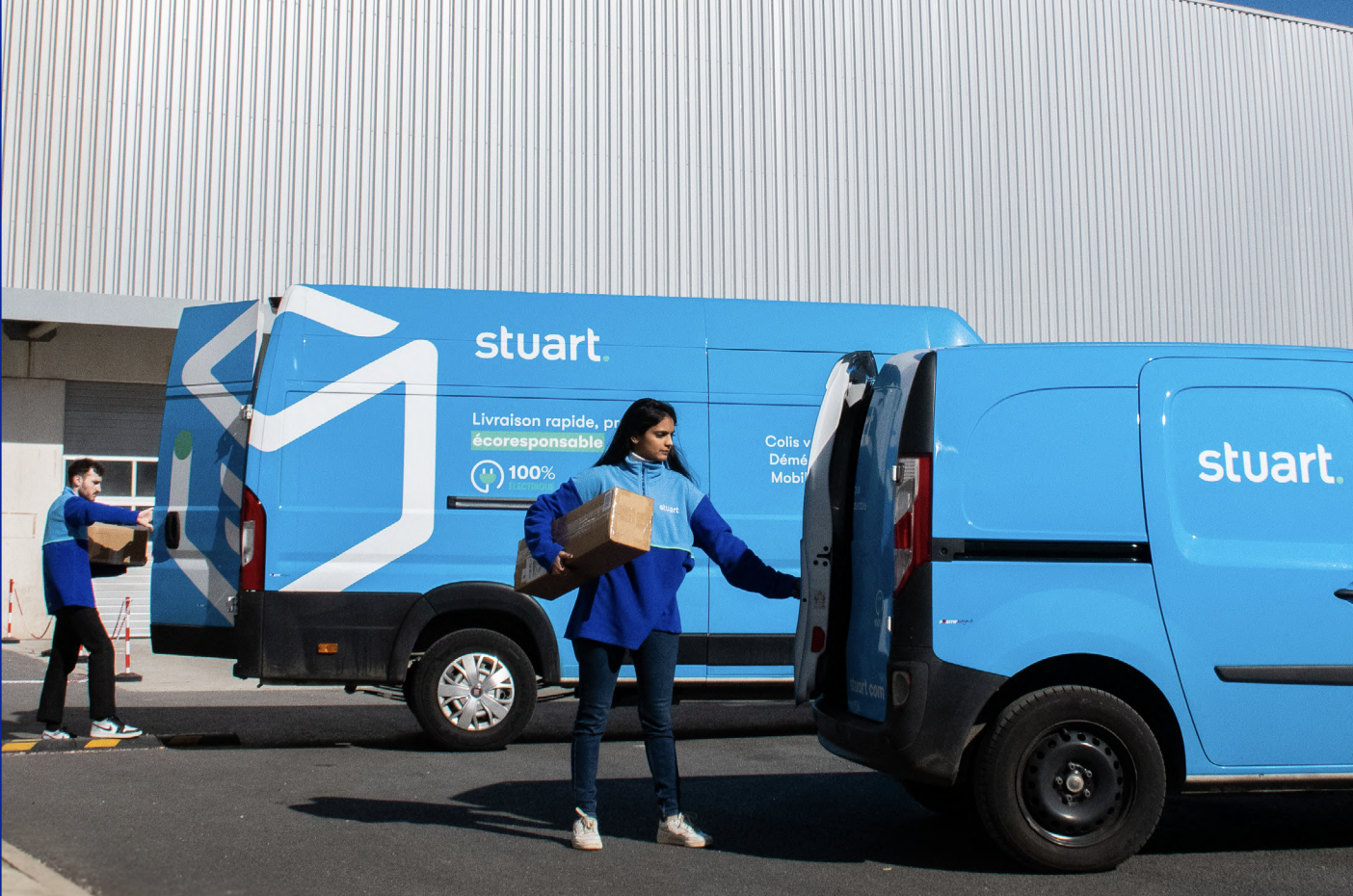As retailers continue to adapt to changes in consumer behaviour and digital disruption, what can the workforce expect? The next three years will be a defining period for UK retail and will determine who will be the winners and losers in the longer term. Laurence Collins, HR, Digital Workforce and People Analytics Partner at Deloitte, looks at how retailers need to rethink both their organisation and their workforce to survive in a new world where the rules of work have changed.
We have all experienced the productivity gains that come from using digital technology. Email made the sharing of documents and files much faster and easier compared to fax or traditional mail. The smartphone, now ten years old, has redesigned the way we go about our daily lives – it is the equivalent of a digital Swiss Army knife and the perfect productivity tool at our fingertips (theoretically at least, if you ignore the games). Yet, despite the prevalence of technology in our lives, the UK economy has failed to see a significant boost in productivity in recent years.
Unless we redesign work, in order to compliment the potential of new technology and the open talent economy, we risk not fully reaping the benefit of the investment in technological advancement. The solution is to redesign work, the workforce and workplaces in such a way that puts technology at the forefront. Naturally, this is easier said than done, but it is a shift that will have to happen at some stage anyway, so why wait? The question is, what is driving this change, and what are some of the retail workforce changes that we can expect to see in the not too distant future?
By the end of the decade millennials will make up more than half of all workers. Two-thirds of the workforces will be millennials by 2025. As the composition of the workforce changes, so too do the requirements of employees. Millennials have very different expectations from work and their careers compared to previous generations, and employers will have to accommodate these needs in order to attract and retain the best talent. The changing nature of work requires retailers to consider what their future workforce will look like and anticipate the challenges that will be presented. At the same time, retailers should also consider how they can use technology to capitalise on the opportunities this change will bring.
The fact that retailers’ profits are under pressure has been well documented – not only do they need to invest in new and different sales channels in order to match customer expectations, but this capital investment is needed against a backdrop of rising inflation, a weakened pound and squeezed household disposable income. However, these pressures are encouraging retailers to place a greater focus on productivity and efficiency in order to maximise margins, minimise costs and, as a result, maintain profitability. There is now a greater emphasis on the workforce and the future role that technology could play in either replacing or augmenting human labour.
DRIVING RETAIL EFFICIENCY
Certain roles in the retail sector have a significant chance of becoming automated within the next ten years. Take customer service, for example. Store staff will increasingly need digital skills so that they are comfortable using tablets, smartphones, payment apps and social media to service customers. At the same time, sales assistants will be required to offer personalised discounts and price matching, driven by online price transparency – service that helps enrich the customer experience and builds brand loyalty, rather than simply processing payments. With more orders and payments being made online, and as automated checkouts are increasingly adopted, retail sales assistants’ roles have a 93% chance of automation, according to Deloitte research. Similarly, retail cashiers and checkout operators have a 97% chance of automation. It is, however, important to recognise that while these roles may be automated, the employees in those roles will move on to newly-created roles, which will likely be less repetitive and more creative and skilled in nature.
Roles in merchandising have a 51% chance of being automated, as artificial intelligence (AI) will play an increasingly important part in some of the role’s tasks – including managing stock allocations, tracking price changes and even advising on in-store design. AI-assisted design will also be used to make accurate predictions about future trends and demand, and stock will be allocated automatically based on these predictive algorithms in a truly connected way.
The retail workforce of the future will also have implications for the logistics sector. Changing consumer behaviour means that employees will spend less time restocking shelves in store; there will be less demand for in-store inventory, and there will in fact be an increased number of warehouse employees to manage the greater volume of online orders. Technology such as AI will be able to analyse the data on stock flows, inventory and external factors such as the weather and traffic in order to more accurately predict demand and make supply chains more efficient.
ROLES OF THE FUTURE
As has already been explored, many roles will change in the future retail workforce. Some will disappear, following in the footsteps of the candlestick maker, while others will be created. Retailers will increasingly use robotic process automation (RPA) in their operations to cut costs and increase efficiency. As such, there will be a growing need for retailers to recruit software and hardware engineers. By 2019, around a third of the world’s leading companies will employ a Chief Robotics Officer, but many jobs in robotics will remain vacant due to capability shortages and the need for available talent to catch up with technology.
Data analytics is already playing an important role in retail, and will continue to do so as retailers seek to enhance the consumer experience and service. Understanding ‘big data’ use of analytics allows retailers to interpret vast amounts of data, prove better targeting of customers and increase sales and productivity. In the not too distant future, analytics and data specialists will be highly-sought after components of the retail workforce. In addition, retailers should recognise that there is still much to be gained by increasing the productivity of the current workforce, and should consider adopting analytics technology as part of the future-proofing exercise. Retailers need to be able to use the data they have in order to predict outcomes and prescribe action, rather than reporting history.
Social media experts and influencers will also be key in order for brands to bridge the gap with consumers. Retailers need to focus more of their marketing and communications resources on the relevant social media platforms in order to remain competitive and build brand loyalty. Social media skills, along with digital expertise, will be key for retailers as they seek to increase engagement. Expect to see job adverts for ‘Chief Influencer’ in the near future.
Defining how much work and who – or what – will deliver this is going to be critical to enable retailers to change and evolve their workforce in the right way. With the make-up of the retail workforce changing, retailers need to rethink the workforce experience at a holistic level by changing the nature of how talent is sourced, deployed and supported. Creating and maintaining a positive employer brand and workforce experience will be essential in order to attract and retain the best in talent.
The world of work is evolving and new technologies will increasingly automate many tasks in such a way that will transform retail over the next decade. Retailers are already responding to these labour challenges, but the question is, are they moving fast enough? The next three years will be a defining period for UK retail and will very much determine who will be the winners and losers in the longer term.





